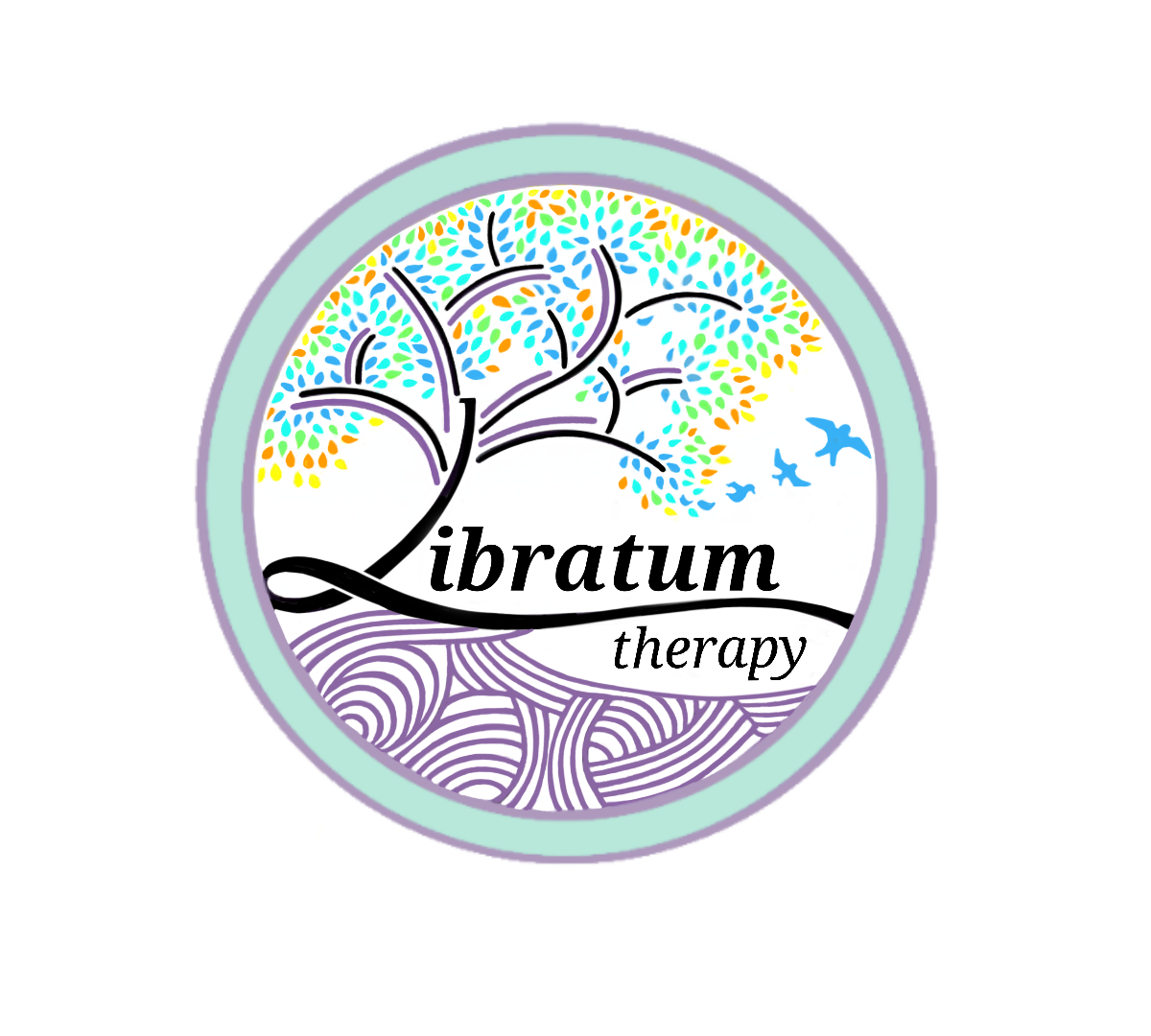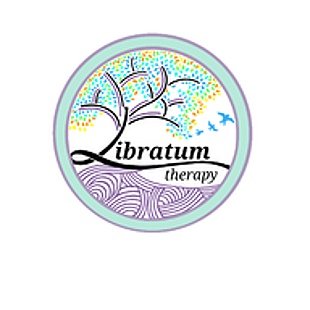How to rest and recharge after work
As featured on MaltaCEOs.mt
What is your relationship with ‘rest’? Understanding our attitudes and behaviours around rest can empower us to learn how to rest in a way that prevents exhaustion and energises us in our life and work.
The leaders and employees I meet often show up in a deficit state, lacking in energy, motivation, direction, and enjoyment. Together, we embark on a search for how they can build their reserves and replenish them regularly. I observe that many of us are suffering from rest deficit as we form part of a high-achieving, high-producing society that is chronically tired and burnt out. The notion of ‘resting’ has become tainted as something unattractive, unproductive and selfish, and we have forgotten the value of rest for ourselves and others.
This article offers you six reflective questions to help you reawaken to what meaning you give rest and what place you want rest to have in your life and work.
Question 1. How do you rest?
Take a moment to think about how you usually rest. Here are some common ones:
Sleeping
Eating, drinking, using substances
Spending time with others (friends, family, pets) or spending time alone
Exercising
Screen time or screen free time
Cleaning, organising
Attending to your body (e.g. massages, hairdresser, showering)
Buying new things
Slowing down (journaling, meditation, walks)
Breaking away from routine and exploring new things
Being in nature
Engaging in hobbies
If your answer to this question is ‘I don’t know’, then you are not alone. This was my answer for a long time too, and I am still learning what helps me rest at different points in time. It is striking and sad to realise how foreign the concept of rest can become. At the same time, it is never too late to mindfully pause and reconnect with our relationship to resting.
Question 2. How have you learnt or not learnt to rest?
Our behaviour and perspectives around rest may consciously or subconsciously be influenced by how people around us rest and by the messages that we receive about rest. We may have seen our parents prioritise rest, never rest, rest together or separately. We may have heard messages in society that condone resting in certain ways and promote resting in other ways. We may have been criticised or praised for resting which would have shaped our belief system about whether and how we ‘should or should not’ rest. Whilst we did not ask to grow up in the circumstances we found ourselves in, as adults we can shape our attitudes and behaviours around rest that serve us in our present life now.
Question 3. How does your rest pattern work for you?
We can start by noticing what behaviours we engage in to rest, and what impact they have. Do they increase our energy and mental capacity or leave us feeling drained and deflated? We may notice that we are happy with the balance of rest in our work and life and want to keep this going. We may realise that how we are resting has become anything but restful; we repeat certain behaviours around rest automatically even if they are no longer helpful. When we overly engage in behaviours (e.g. scrolling, eating or drinking) to escape and avoid reality, and suppress how we feel, this may add to our emotional and physiological stress. Becoming aware of how our rest patterns work for us can empower us to increase or introduce helpful resting behaviours and decrease unhelpful ones so that we can rest better.
Question 4. What don’t you know about rest?
We may need to expand our definition and knowledge about rest, which may be richer than we realise. Rest does not always mean doing nothing. We may still do things, however we may shift what we are doing and our intention. Rest can constitute big changes (e.g leaving a job) or tiny things (e.g. one hour of screen free time). Flexibility is part of resting effectively because what helps us rest today may not be what we need tomorrow. There are many forms of rest which we may need a combination of: emotional, social, spiritual, physical, creative, and environmental rest. Our rest is unique to each of us and may go beyond the obvious. When we get to know ourselves intimately and think outside of the box, we may discover that we rest by:
Doing one thing at a time rather than multi-tasking
Smiling, laughing, and playing more – taking life less seriously
Intentionally leaving one thing that is not a priority undone – we can plan to do it another day
Being authentic and sharing how we feel with others – ignoring, pushing away and suppressing our emotions can be incredibly draining
Learning how to say ‘no’ and set boundaries
Doing something pointless and unproductive just for the sake of it
Giving and doing something that makes a difference to others
Asking for help and accepting help- we don’t have to take responsibility for everything and do it all alone
Question 5. What is your response when others rest?
How do you react when you see someone taking a full lunch break, having a lie in, or watching TV in the evenings? Some of us may get frustrated with that person and judge them as doing something wrong. Others may encourage the people around them to take time to rest. We may observe some people advocating for rest in their teams and then not modelling this themselves as they overwork and push themselves. It may be helpful to think about what your values are around rest, what message you want to convey about rest, and what behaviour you want to model within your teams, friendship groups and families.
Question 6. Are you willing to give rest a go?
Relearning how to rest starts as an inside job. Finding a work-rest balance can nourish us personally and help us be our best selves, so that we have the energy and capacity to nourish others too. Paradoxically, dedicating more time to rest may not be easy and can leave us feeling agitated and uncomfortable. This is because our mind and body are accustomed to being in a high state of drive, and breaking a habit takes time and getting used to. It requires commitment to repeatedly put rest into practice, and perseverance to resist the urge to fill our time with doing things again. Keeping busy and overworking may be easy ways of avoiding our discomfort when trying something different and distracting from facing problems and challenges at work or home. If we give our mind and body a chance to relearn that rest is safe, it will get easier with time, and we may rediscover that rest is rewarding and feels good too.

